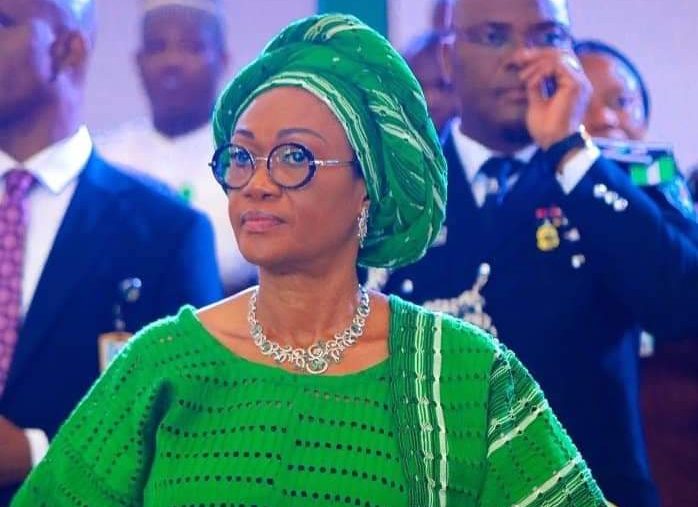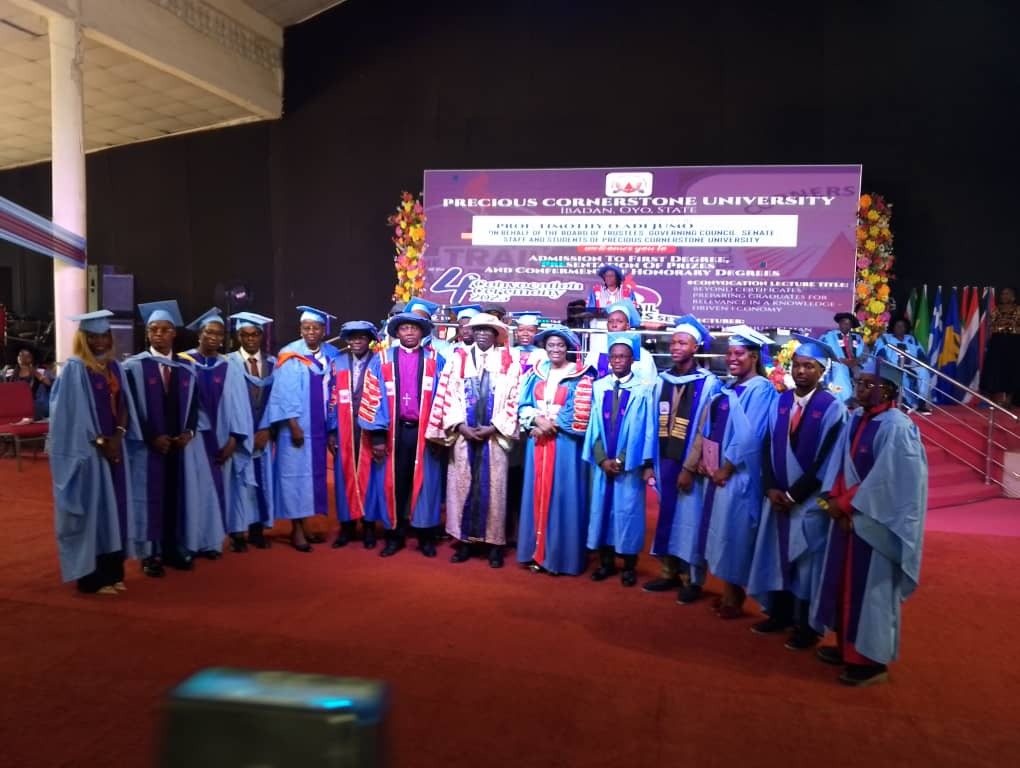Resident Electoral Commissioner (REC) of the Independent National Electoral Commission (INEC) in Benue State, Prof. Sam Egwu, has accused successive Nigerian presidents since 1999 of violating the constitution and abandoning its core principles of social justice and citizen welfare.
Egwu made the remark on Wednesday at the National Conference on the Future of Democracy in Nigeria, themed “Sustaining Democratic Growth Beyond the Polls for Effective Governance,” organised by the Peering Advocacy and Advancement Centre in Africa (PAACA) in Abuja.
According to him, every administration since the return to democracy has governed in breach of the constitution while pursuing liberal economic policies dictated by global financial institutions such as the World Bank and the International Monetary Fund (IMF), often to the detriment of Nigerians.
“I argue that we need to continue to pursue a real democratisation agenda and go back to obeying the constitution,” Egwu said. “If you read the 1999 Constitution, which was lifted from the 1979 Constitution, Chapter Two commits to the doctrine of democracy.
“It talks about the responsibilities of government in terms of the welfare of citizens, health, and education. All the presidents that have come since 1999 never obey the constitution.”
He added that while the 1999 Constitution commits Nigeria to a social democracy, successive leaders have instead advanced liberal economic policies that contradict its provisions on social welfare, health, and education.
Egwu also faulted the excessive centralisation of power in the executive, which he said has weakened Nigeria’s federal system and rendered local governments powerless and disconnected from citizens.
Decrying the influence of international financial institutions on Nigeria’s economic policy, he said the country’s domestic policy space has been hijacked by the World Bank and IMF.
He urged a fundamental rethink of Nigeria’s democracy, describing civil society as the true hero of the country’s democratic journey but lamented that it has become weakened by poor membership structures and dwindling funding.
Egwu advocated for reforms in local government administration to directly connect authorities with citizens in determining development priorities.
Also speaking, former presidential candidate Dr. Gbenga Olawepo-Hashim said many Nigerians are losing faith in democracy because it has failed to improve their lives.
He noted that during recent protests, some young Nigerians carried the flags of Russia and China, symbolising their disillusionment with democracy.
According to him, political parties in Nigeria have become vehicles for personal ambition rather than platforms for ideas or social reform. He called for a truly independent electoral body and a political system that guarantees credible elections and accountable governance.
A development and humanitarian specialist, Dr. Hussaini Abdu, also lamented that Nigeria’s democracy has been captured by political elites who manipulate institutions for personal gain.
He questioned why the Electoral Act is amended before every election cycle, only for politicians to find new ways to subvert it, and urged a renewed national commitment to integrity, accountability, and citizen participation.
“Democracy must translate into real freedoms, equality, and shared prosperity,” Abdu said.
Earlier, Executive Director of PAACA, Ezenwa Nwagwu, said the conference was convened to push for democratic reforms that extend beyond elections and strengthen governance institutions.
He explained that PAACA has been working across 19 states to bridge the gap between policy and citizens through advocacy and civic engagement.
“Democratic reforms must not be episodic or elite-driven. They must be citizen-centred, inclusive, and enduring,” Nwagwu stated.






